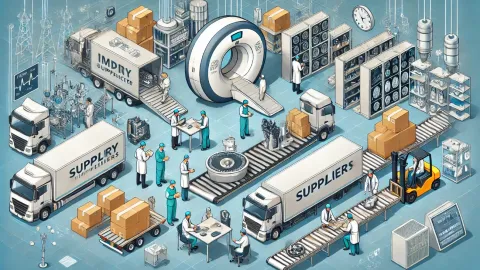Please note that you have to be a registered member with paid membership in order to see full articles.
Become a Member
Quality Leaders Must Decide Which Issues Deserve A CAPA
If quality leaders had unlimited time and money, they could investigate every issue with a full CAPA (corrective and preventive action).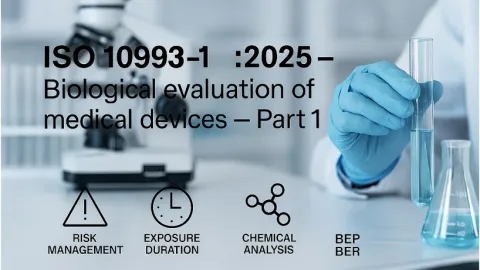
Revised ISO 10993 Unpacked And Why Industry Is Not Ready For It
The release of the revised ISO 10993-1:2025 , the key standard for the biological evaluation of medical devices, has sparked wide discussion.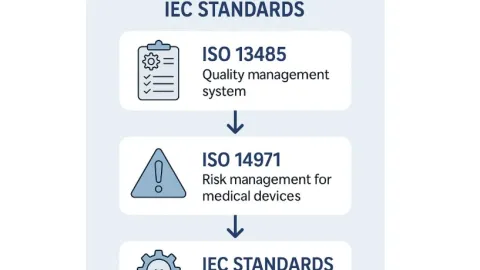
How ISO 13485, ISO 14971 and IEC Standards Combine To Build Safer Medical Devices
ISO 13485, ISO 14971 and key IEC safety standards work together as one system to make medical devices safe and compliant.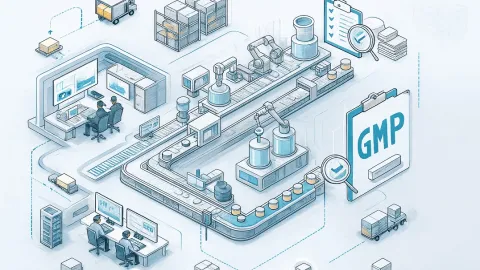
Stricter Global Rules Shaping Pharma and Therapeutic Goods GMP in 2025
As the Quality Systems Now blog post notes, the most important feature of today’s GMP landscape for pharmaceutical and therapeutic goods manufacturers is the impact of stricter global rules, rapid digital change, and complex supply chains,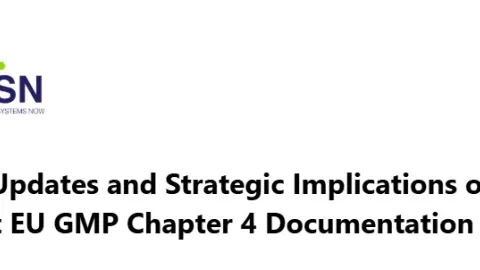
EU Updates GMP Documentation Rules for Medicines in Largest Overhaul Since 2011
The European Union has released draft revisions to Chapter 4 of the Good Manufacturing Practice (GMP) guideline on documentation, part of EudraLex Volume 4 for medicinal products.
Misclassified Events in Pharma and Medtech Can Trigger Penalties and Waste—Here’s How to Prevent That
Misunderstanding the difference between deviation and nonconformance can lead to costly quality mistakes in pharma, biotech, and medical device industries.
Medical Device QMS Success Depends on Knowing ISO 13485 Clause Differences
Some parts of ISO 13485 may not apply to all medical device manufacturers, but knowing which clauses can be left out—and why—is essential to building a compliant and effective quality management system.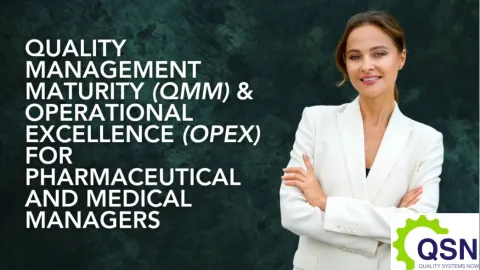
Pharma and Medical Leaders Must Integrate Quality Management Maturity and Operational Excellence
Quality Management Maturity (QMM) and Operational Excellence (OpEx) are crucial frameworks pharmaceutical and medical device leaders must adopt to enhance product safety, comply with regulations, and improve overall efficiency.
Fixing GxP Audit Failures Takes More Than Pointing Out Faults
Gustavo Oliveira, a trilingual professional specializing in pharmaceutical quality assurance, discusses the challenges faced when suppliers are unprepared for GxP audits,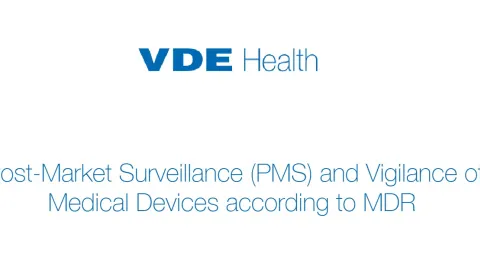
What Should Medical Device Makers Pay Attention to Under New EU Rules?
The European Medical Device Regulation (MDR) requires manufacturers to closely monitor their products after they reach the EU market.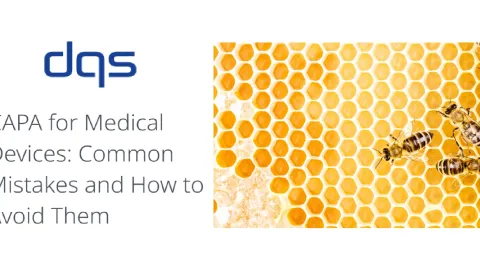
Avoiding Common CAPA Mistakes in Medical Device Quality Management
The CAPA (Corrective and Preventive Action) process for medical devices is at times threatened by common mistakes, but there are strategies to avoid them.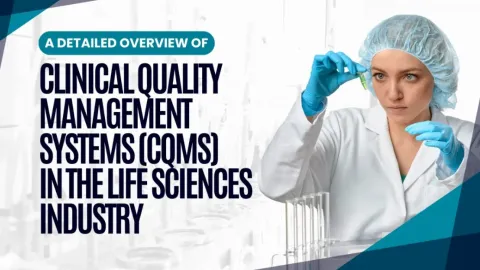
Clinical Quality Management Systems (CQMS) in the Life Sciences Industry Dissected
A blog post by Quality Systems Now shows that a Clinical Quality Management System (CQMS) plays a crucial role in ensuring the safety and success of clinical trials.
Licensing or Accreditation: The Crucial Choice for New Ventures in Pharma and Medical Devices
When launching Greenfield projects in the pharmaceutical or medical device industries, businesses often face the decision between Good Manufacturing Practice (GMP) licensing and ISO 13485 accreditation.
Process Development and Identification of Critical Process Parameters in Medical and Pharmaceutical Industries
Identifying and controlling Critical Process Parameters (CPPs) is essential to maintaining quality and consistency in medical and pharmaceutical industries, according to Quality Systems Now's blog post.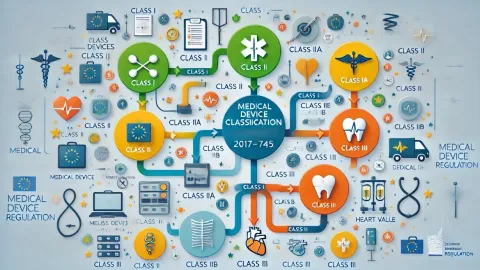
Classification of Medical Devices under EU MDR
Dr. Murugan Kandasamy, Managing Director & CEO at DQS India, Head - Medical Global Support Center, has published a new blog post about Classification of Medical Devices under EU MDR. The most important issues he discusses are:
Certification NEN 7510:2024: against which part?
Pim Lagrand, Information security advisor, discusses the new version of NEN 7510:2024, Dutch standard for Information Security in healthcare.